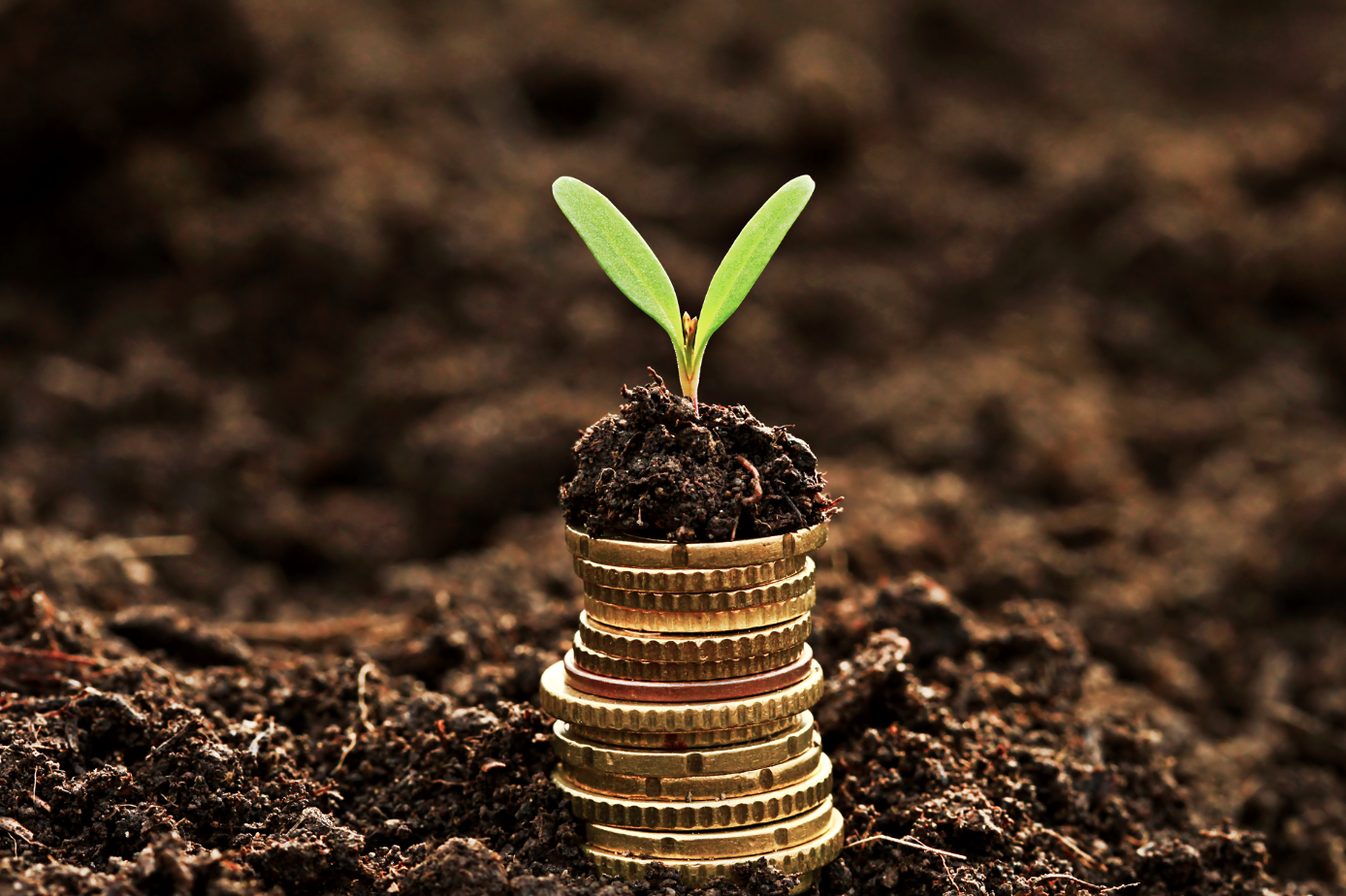Optimizing Your Home as a Long-Term Investment

A home is not just a dwelling place but also an investment that can grow substantially over time, offering significant financial benefits. However, ensuring your home remains a good investment over the long run requires strategy, upkeep, and a clear understanding of real estate trends. Here, we explore ways to ensure your property grows in value and contributes positively to your financial future.
Regular Maintenance is Essential
One of the most effective ways to retain and increase the value of your home is to maintain it consistently. Regular maintenance helps identify minor issues before they become major, costly problems. From cleaning gutters and maintaining the HVAC system to addressing leaks or cracks promptly, keeping up with routine tasks can extend your home’s lifespan and value.
Strategic Home Improvements
Investing in your home can increase its value significantly. However, not all home improvements yield high returns. Kitchens and bathrooms usually offer the best return on investment when renovated. Energy-efficient upgrades, like solar panels or improved insulation, can add value while reducing utility bills. Adding living space, whether through an extension or by finishing a basement, can also be beneficial. Always ensure your improvements align with your neighbourhood’s standards to avoid overcapitalizing.
Monitor Real Estate Market Trends
Keep a close eye on local and national real estate market trends. This knowledge can guide your decisions about when to invest in improvements, refinance your mortgage, or potentially sell your property. Real estate professionals, online resources, and local listings can provide invaluable insights into the state of the market.
Property Location and Neighborhood Development
Factors like local schools’ quality, amenities’ availability, and future urban development plans can influence your home’s long-term value. Staying aware of these factors and changes within your neighbourhood can help you anticipate shifts in property value.
Building Equity
As you pay off your debt, your home’s value goes up. This equity can be a handy tool for your finances, giving you choices like home equity loans or lines of credit. But it’s essential to use these tools carefully so that they help you reach your long-term financial goals.
Consider Renting Out Space
Consider renting the extra space. It could be a spare bedroom, a finished basement, or an accessory dwelling unit. The rental income can contribute to your mortgage payments or other home-related costs, effectively helping you to build equity faster.
Long-term vs. Short-term
While the market can go through cycles of rising and falling prices, long-term trends generally show an increase in property values. Be patient, make informed decisions, and avoid trying to “time” the market.
Insure Your Home
Having adequate insurance coverage for your home is essential. Property insurance can protect your investment against unforeseen events like natural disasters, theft, or other damages. Ensure your policy covers not just the structure itself but also the contents of your home.
Eco-friendly Upgrades
As environmental sustainability becomes critical, eco-friendly upgrades are increasingly desirable—from energy-efficient appliances and solar panels to water-saving fixtures and sustainable landscaping.
Leverage Home Warranty
Unlike home insurance, which covers the structure and contents of your home against unforeseen events, a home warranty covers the repair or replacement of major home appliances. According to Cinch Home Services, “A home warranty can save you from unexpected expenses.” Furthermore, a home warranty offers peace of mind to homeowners and potential buyers, knowing they are protected from significant home repair expenses.
Use Technology
Smart home features are increasingly becoming a norm rather than a luxury. Technology that improves home security and energy efficiency or makes life more convenient can significantly boost your home’s value. From smart thermostats and energy-efficient appliances to home automation systems, investing in technology can make your home more appealing to potential buyers.
Periodic Exterior Maintenance
The exterior of your home contributes significantly to its curb appeal. Regular painting, roof check-ups, maintaining the lawn, and keeping the driveway and pathways clean and in good shape can positively impact your home’s value. Investments in landscaping can also yield substantial returns, as well-manicured outdoor spaces often attract potential buyers.
Interior Decor and Design
Keeping the interior of your home modern and attractive is another way to increase its value. It doesn’t necessarily mean significant renovations but can include periodic updates to the decor, refreshing paint, updating fixtures, or refinishing floors. A well-designed and maintained interior can significantly contribute to the overall appeal of your home.
Aging-in-Place and Universal Design
As the population ages, homes that accommodate ageing-in-place are becoming more desirable. Investments in universal design—features that make a home more accessible and comfortable for all ages and abilities—can increase your home’s value. It might include a step-in shower, grab bars in the bathroom, or a ramp entrance to the house.
Understand the Impact of Property Taxes
Property taxes can impact your home’s attractiveness to potential buyers. A house in a lower-tax area might be more desirable, all else equal. Stay informed about possible changes in property tax regulations or rates.
The post Optimizing Your Home as a Long-Term Investment first appeared on BusinessMole.




